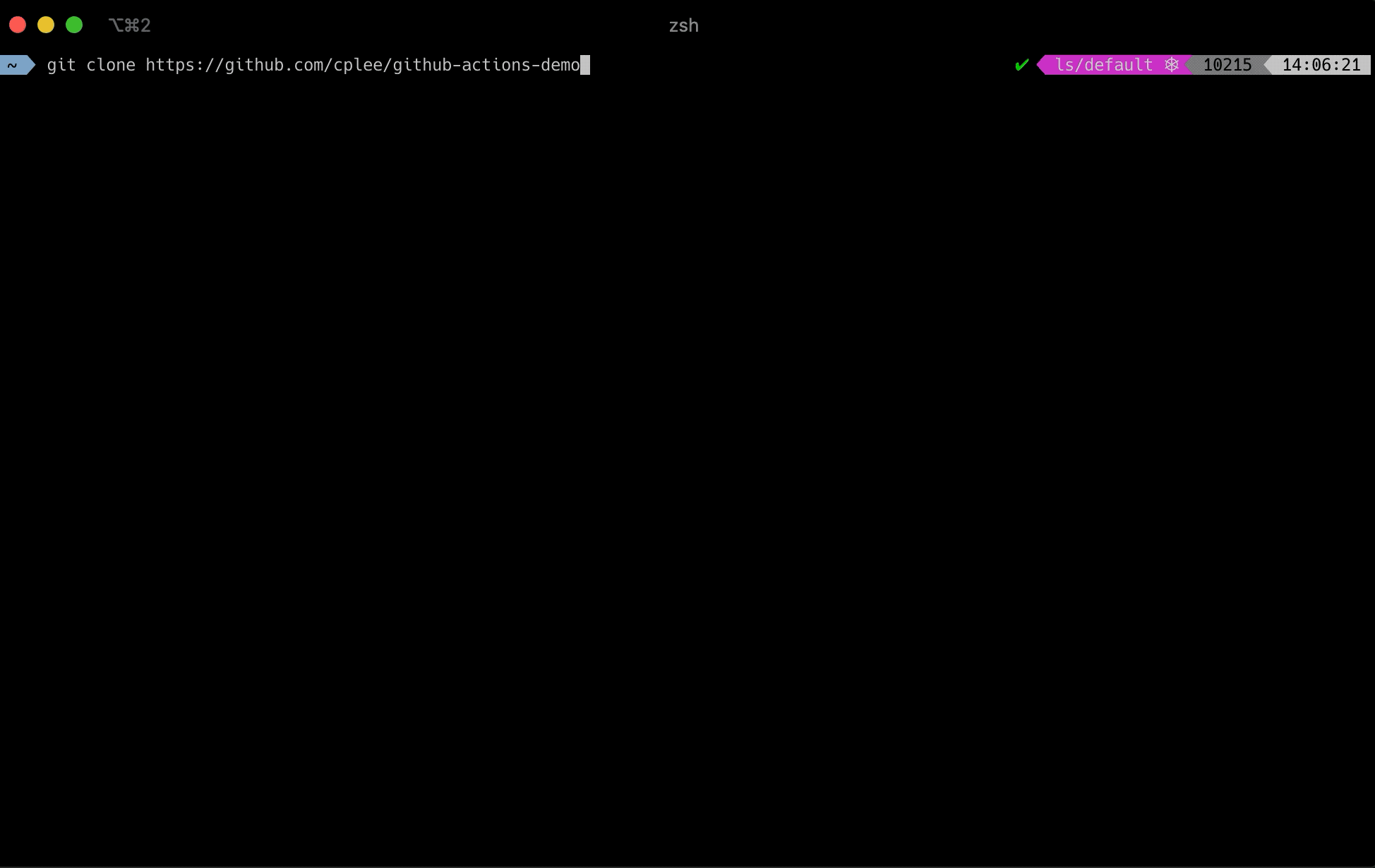This is a custom fork of nektos/act, for the purpose of serving act_runner.
It cannot be used as command line tool anymore, but only as a library.
It's a soft fork, which means that it will tracking the latest release of nektos/act.
Branches:
main: default branch, contains custom changes, based on the latest release(not the latest of the master branch) of nektos/act.nektos/master: mirror for the master branch of nektos/act.
Tags:
nektos/vX.Y.Z: mirror forvX.Y.Zof nektos/act.vX.YZ.*: based onnektos/vX.Y.Z, contains custom changes.- Examples:
nektos/v0.2.23->v0.223.*nektos/v0.3.1->v0.301.*, notv0.31.*nektos/v0.10.1->v0.1001.*, notv0.101.*nektos/v0.3.100-> notv0.3100.*
- Examples:
"Think globally,
actlocally"
Run your GitHub Actions locally! Why would you want to do this? Two reasons:
- Fast Feedback - Rather than having to commit/push every time you want to test out the changes you are making to your
.github/workflows/files (or for any changes to embedded GitHub actions), you can useactto run the actions locally. The environment variables and filesystem are all configured to match what GitHub provides. - Local Task Runner - I love make. However, I also hate repeating myself. With
act, you can use the GitHub Actions defined in your.github/workflows/to replace yourMakefile!
When you run act it reads in your GitHub Actions from .github/workflows/ and determines the set of actions that need to be run. It uses the Docker API to either pull or build the necessary images, as defined in your workflow files and finally determines the execution path based on the dependencies that were defined. Once it has the execution path, it then uses the Docker API to run containers for each action based on the images prepared earlier. The environment variables and filesystem are all configured to match what GitHub provides.
Let's see it in action with a sample repo!
Please look at the act user guide for more documentation.
Need help? Ask on Gitter!
Want to contribute to act? Awesome! Check out the contributing guidelines to get involved.
- Install Go tools 1.20+ - (https://golang.org/doc/install)
- Clone this repo
git clone git@github.com:nektos/act.git - Run unit tests with
make test - Build and install:
make install


